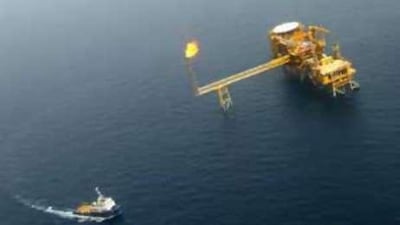Bangladesh is expected to award the US company ConocoPhillips eight offshore blocks to explore for oil and gas in the hydrocarbon rich Bay of Bengal, an official said today. The state-run oil and gas giant Petrobangla made the selection after evaluating bids from seven companies including the Chinese giant CNOOC, the Australian firm Santos and the Korean National Oil Corporation. Irish company Tullow has been selected for another offshore block.
"The Petrobangla has evaluated offers from all seven companies. ConocoPhillips have qualified for eight offshore blocks and Tullow for one block," the Pertrobangla chairman Jalal Ahmed said. "We will submit the evaluation report to the energy and mineral resources ministry tomorrow. We hope they will make the final selection within October." The selection by Petrobangla has all but assured the two companies the rights to hunt for oil and gas in the hydrocarbon rich Bay of Bengal unless there is any major dispute or objection by the government.
Bangladesh's army-backed emergency government invited bids for offshore exploration in February this year after dividing its sea territory in the Bay of Bengal into 28 blocks. Experts have forecast major reserves of gas in the Bangladesh part of the Bay of Bengal, after huge discoveries were made in the Myanmar and Indian areas of the bay. Bangladesh needs to urgently locate new sources of energy as the government forecasts the nation's current gas reserves will run out by 2014-15 at present consumption rates.
The country's economy has been growing at an average of six per cent since the 2003-4 fiscal year, the highest rate of growth since its independence in 1971. Booming industry has resulted in a daily shortage of 150 million cubic feet of gas, forcing Petrobangla to suspend gas supplies to new industries in the port city of Chittagong. The government has said the country needs at least US$7.7 billion (Dh28.2bn) worth of investment in gas exploration and development to sustain projected annual economic growth of seven percent until 2025.
*AFP

